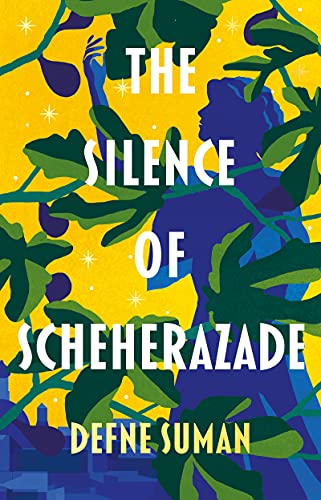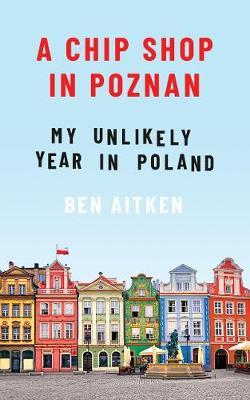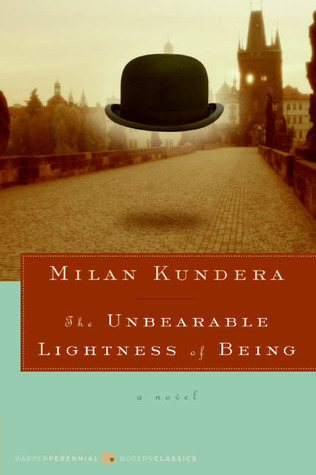Six of us met to discuss A Gentleman in Moscow, with many thanks to Isalda for hosting. Everyone enjoyed the book, and four described their initial reaction as “loved it.” It was, quite unanimously, a joy to read.
Feedback from members who were unable to attend closely mirrored the discussion on the night, so we hope this summary reflects the wider group view. Those who had read the novel agreed that it was even better on a second reading, with its detail, humour, and depth revealing themselves more fully over time.
We were struck by how remarkable it is that such a long, rich novel could be written about a man confined for decades to a single building — albeit a very grand one. That feat alone speaks volumes about Amor Towles’s skill and imagination.
Although this is a work of fiction, it is firmly grounded in historical reality. The novel captures the societal upheaval and political shifts of post-Revolutionary Russia with great care. Set between 1922 and the 1950s, it reflects the fate of the landed nobility after 1917 — stripped of titles, property, freedom, and often far worse. While Count Alexander Ilyich Rostov is fictional, the world he inhabits feels meticulously researched and historically credible.
Placed under house arrest in Moscow’s Metropol Hotel in 1922, the Count initially faces the shock of losing his privileged life — including his family suite — and adjusting to drastically reduced circumstances. At first, we worried about him. But it quickly becomes clear that the Count is made of strong stuff, and his character gave us plenty to talk about.
As he moves from the shock of confinement to fully inhabiting his new reality, his strengths become clear. Though stripped of title, wealth, and freedom, he retains his dignity, refusing to compromise his manners, morals, or values. He lives a life defined by decency, culture, and responsibility to others. In return, he earns respect, friendship, family, and love — all within the unlocked doors of what becomes his carefully constructed micro-world.
This micro-world is sustained through routine: daily exercise, visits to the barber, dining, one fruit at breakfast, meaningful work, friendships, and vital connections to the outside world through those who are not confined as he is.
We drew an interesting comparison with Viktor Navorski, the character played by Tom Hanks in The Terminal. Viktor is stranded in JFK Airport after a political coup renders his visa invalid. Like Count Rostov, he must adapt to confinement, gradually transforming an overwhelming crisis into a liveable, even meaningful, existence. Both characters show resilience, optimism, humility, and a willingness to take on work that allows them to both give and receive kindness. Each makes the world they are trapped in function for them.
Turning back to the novel, we discussed Towles’s depiction of the Bolshevik movement. Rather than direct condemnation, he uses humour and satire to powerful effect. We particularly loved the de-labelling of wine and the ceremony surrounding the bouillabaisse — hilarious examples of how culture survives even when its names are erased. The Count’s careful adaptation of his reduced living space felt like a quiet act of defiance, as did his continued insistence on taste, ceremony, and care.
Other characters illustrate the new regime more starkly — notably The Bishop, promoted beyond his competence due to party loyalty, and ultimately unsuccessful in his attempts to extinguish the Count’s influence. There are also darker moments: the disappearance of those who resist, the suppression of talent, and the unintended consequences of political interference in areas that once worked well, such as farming.
The ending was not what many of us expected, but beautiful.
We also picked up a new favourite game: Zut alors! a quick-fire naming game played by the Count and Sofia:
• The other player must immediately name three correct examples
• Hesitation, repetition, or an incorrect answer means failure
• When the player fails, the other calls out “Zut alors!”
There’s no formal scoring system — the point is speed, fluency, and fun, not winning.
Our discussion sparked personal memories too, including visits to the USSR/Russia — from a 1970s school trip with lunch at the Metropol and a Kremlin tour, to a 1990s visit promoting a language school, staying in a large hotel overlooking the Kremlin. These reflections added another layer to our experience of the book.
Finally, we wondered whether the novel could — or should — be adapted for the screen. We felt it would need to be a very long film. As it turns out, Paramount+ agreed and produced A Gentleman in Moscow as an 8-part series. The jury is still out on whether we’ll watch it — the consensus being that the book is almost certainly better than anything a screen adaptation could achieve.
Would we recommend this book? Absolutely — yes.
Our next read is That Bonesetter Woman by Frances Quinn. We’ll meet to discuss it at 8pm on March 12th, 2026, at The Ash Tree, Ashendon.









 The Silence of Schererozade by Defne Suman
The Silence of Schererozade by Defne Suman A Chip Shop in Poznań – My Unlikely Year in Poland by Ben Atkin
A Chip Shop in Poznań – My Unlikely Year in Poland by Ben Atkin